One of AMD’s flagships.
It features 128 MB L3 cache, including 64 MB 3D V-Cache.
One of Intel’s flagships.
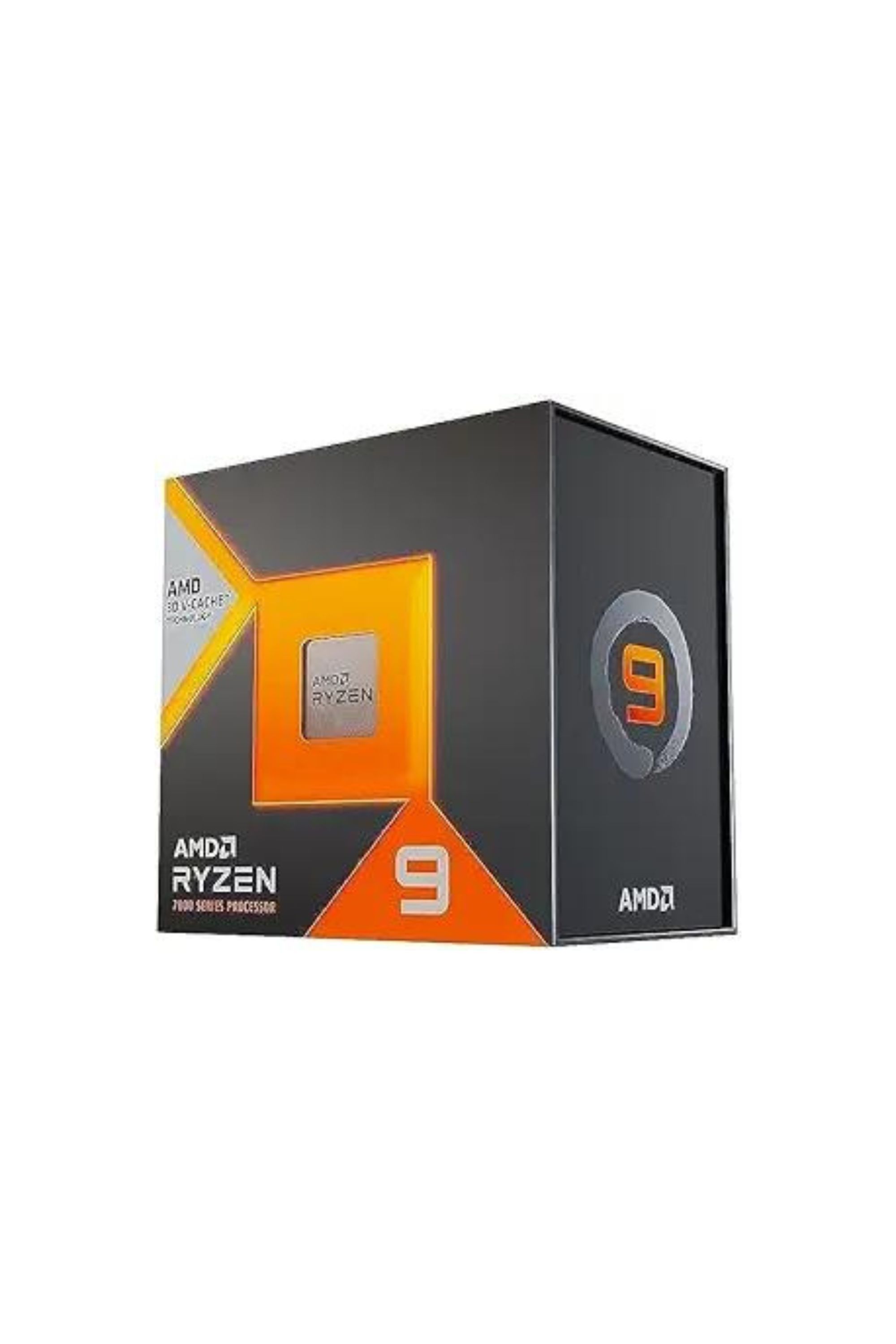
The Intel Core i9-14900KS is a 24-core desktop processor with 8 performance cores and 16 efficiency cores.
We got it, you want to confirm you don’t mess up.
And one of the big questions here… is AMD or Intel?
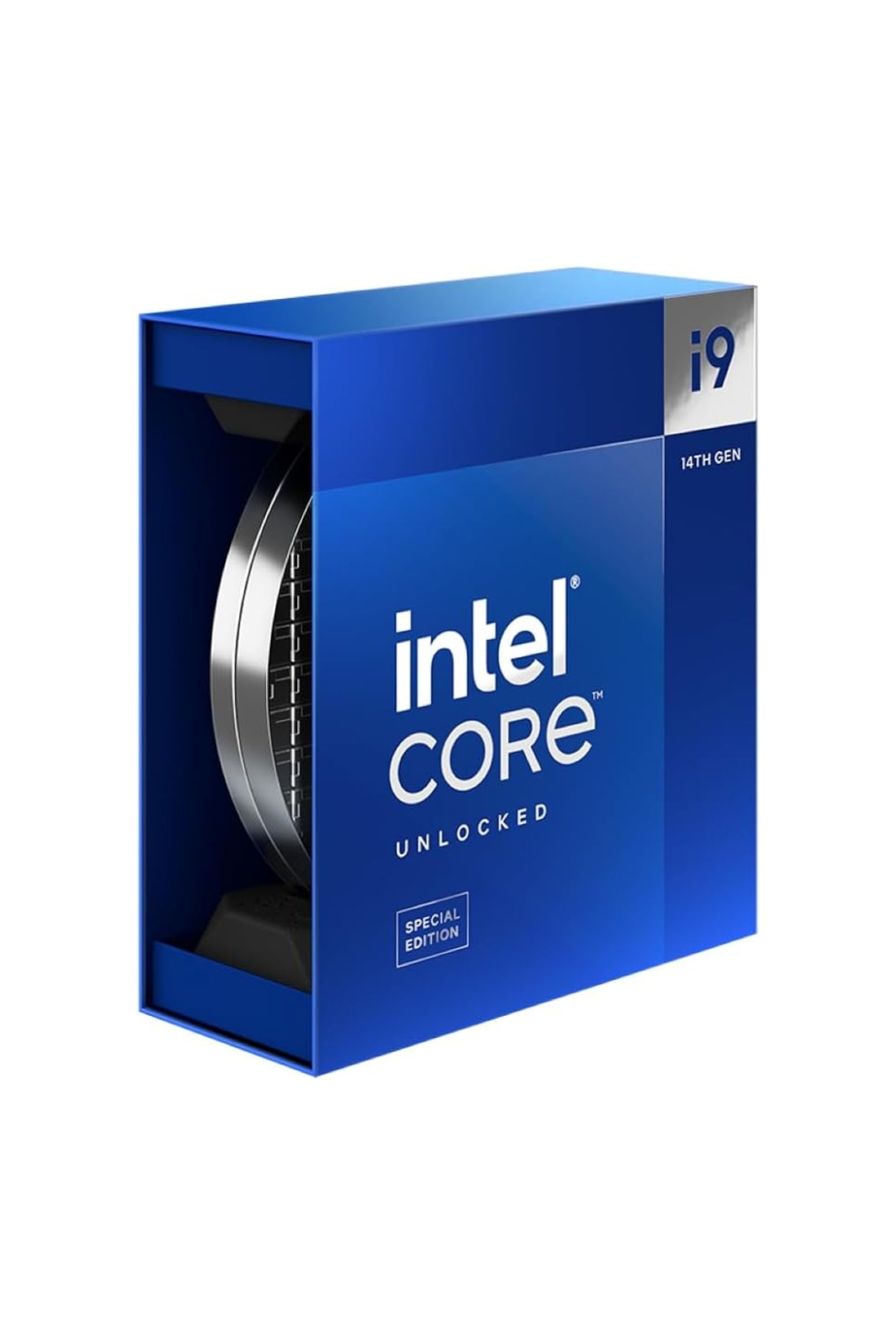
The Intel Core i9-14900KS is a 24-core desktop processor with 8 performance cores and 16 efficiency cores. It reaches a 6.2 GHz boost clock on two cores, features a 68MB total cache, and has a 150W base power.
Team Red or Team Blue?
Iron Man or Cap?
In all honesty, both these companies churn out some really awesome chips.Butthey also churn out duds.
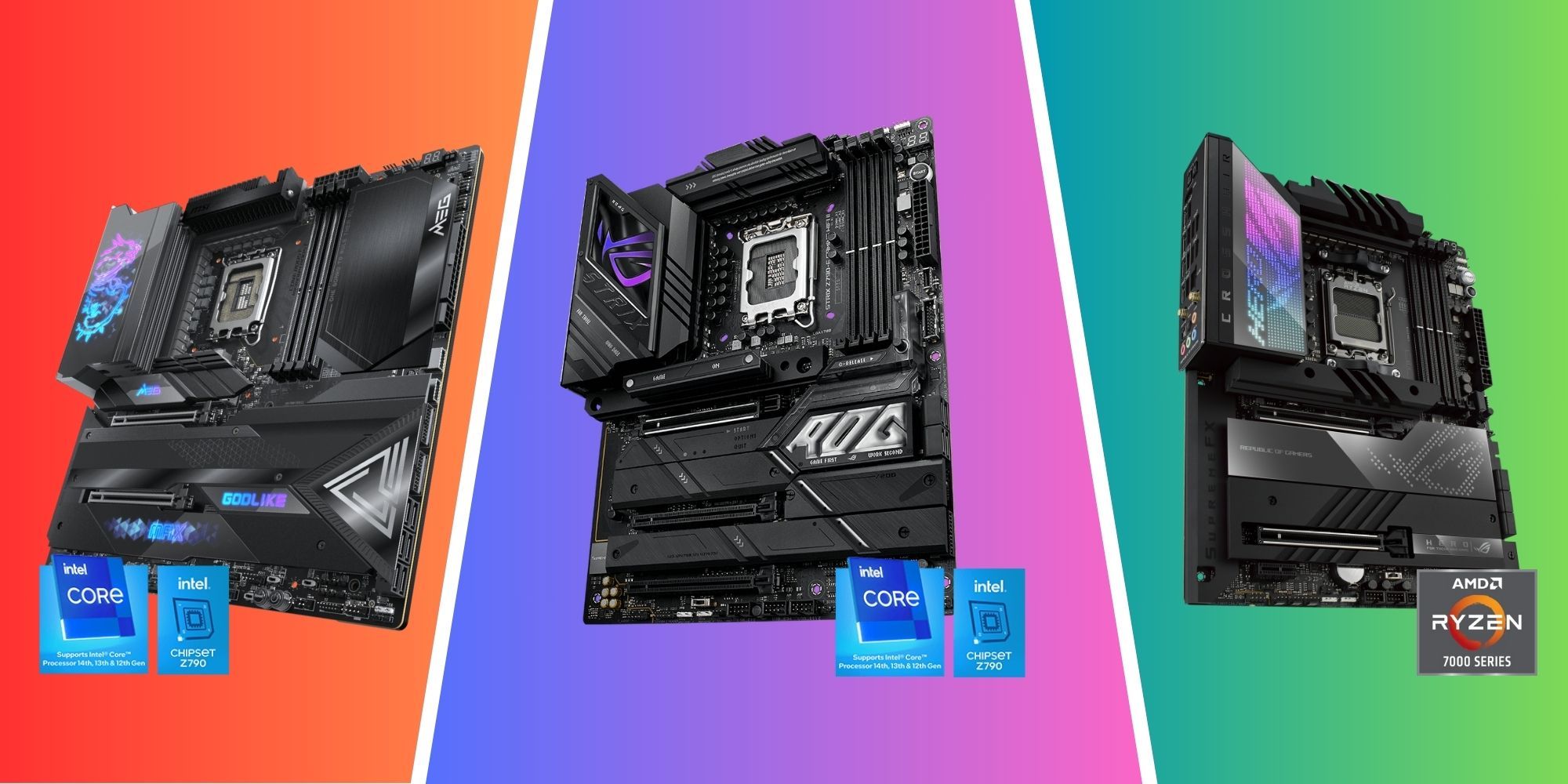
These motherboards are the best at what they do - video games.
Let’s get started then, shall we?
Before we dive in, just a quick heads-up: this article covers a pretty broad and complex topic.

To make things clearer, we’ve used top-of-the-line models from both companies for comparison.
Thanks for your patience and understanding as you go through it!
Architecture
Let’s start off by taking a look at AMD’s current processor run.
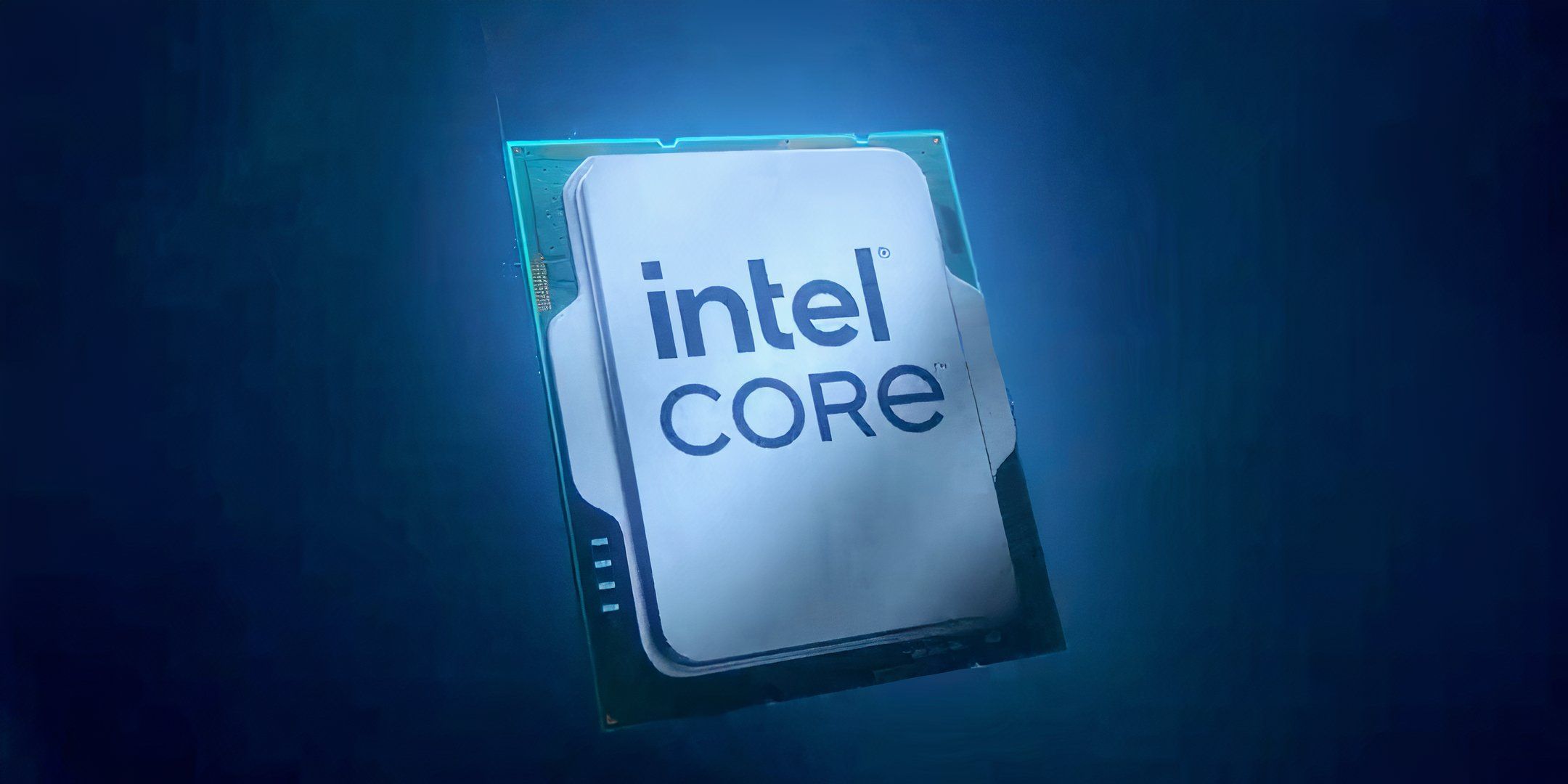
Essentially, you’re looking athigh-performance (P) cores bundled with more efficient (E) cores.
As it turns out, AMD’s Zen architecture has made significant strides in this area.
The 5nm process used in Zen 4 allows for impressive performance-per-watt ratios.
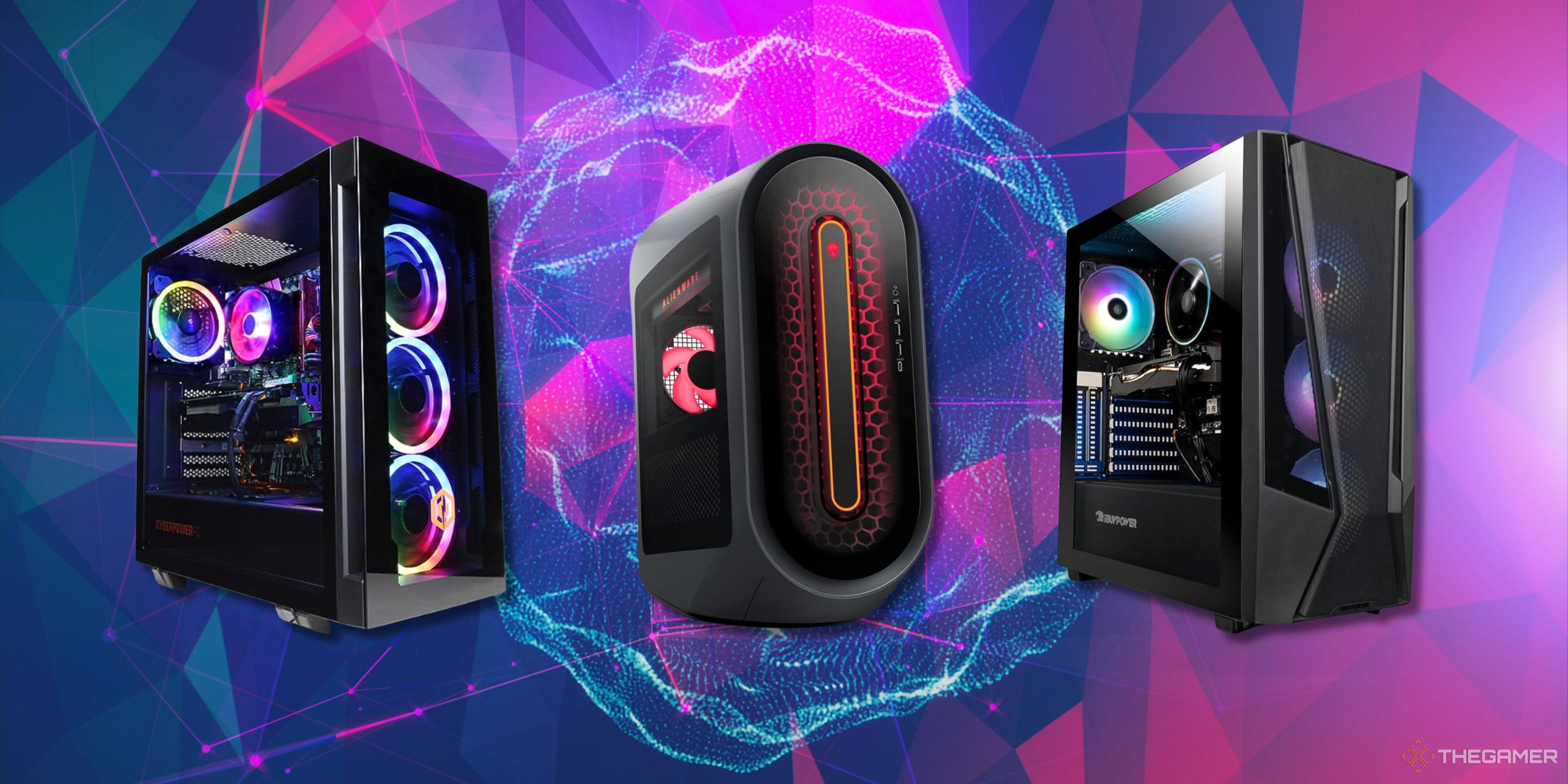
Moving on, Intel has taken a different approach here as well, it would seem.
For example, AMD has this thing called Precision Boost, and then Intel has one called Turbo Boost.
What you’re actually consuming can vary significantly based on workload, cooling solution, and specific CPU model.
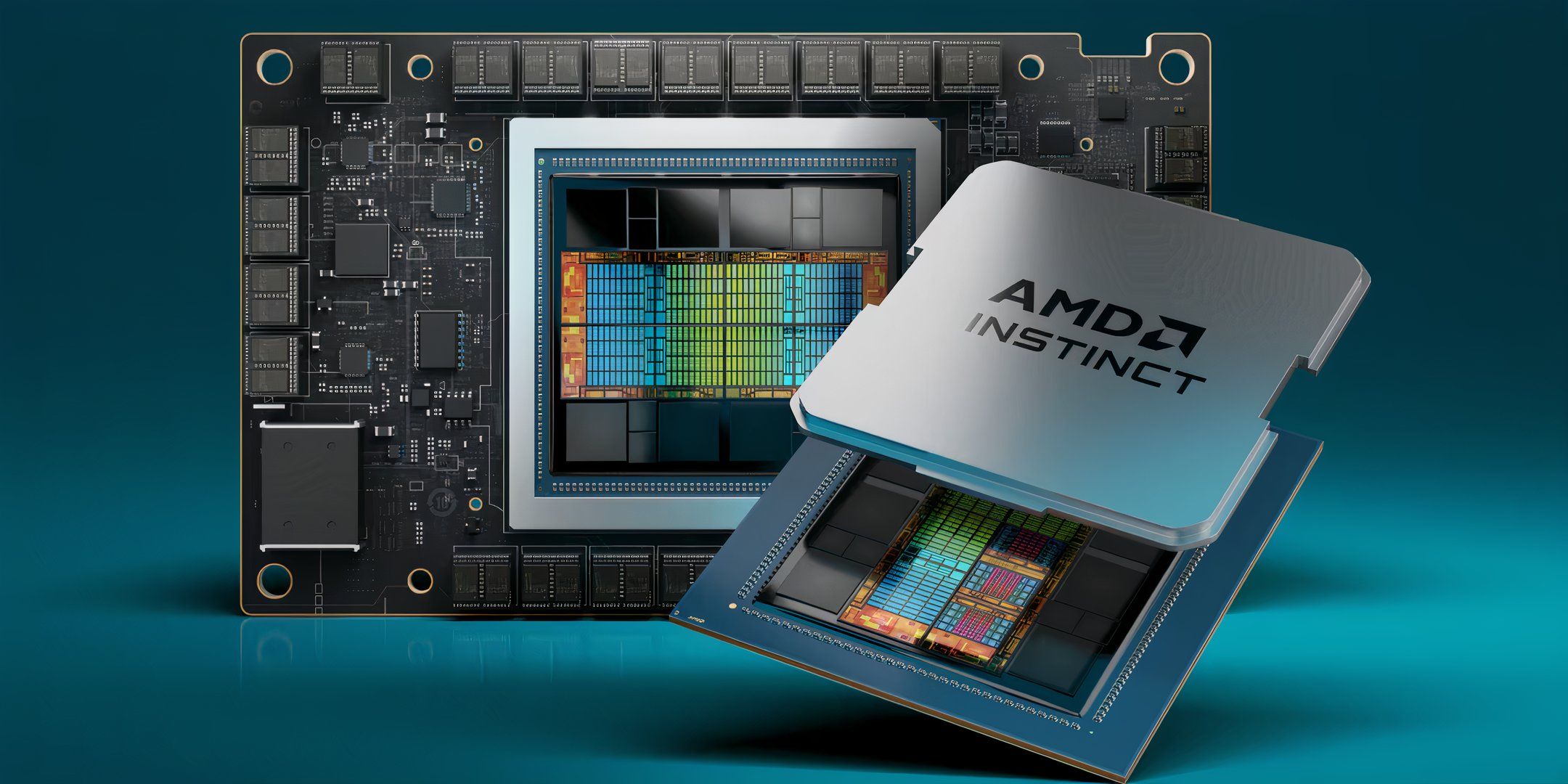
Gaming Performance Analysis
But then again, this is all on paper.
When you run real-world tests, you have some interesting results.
What does that entail, you ask?
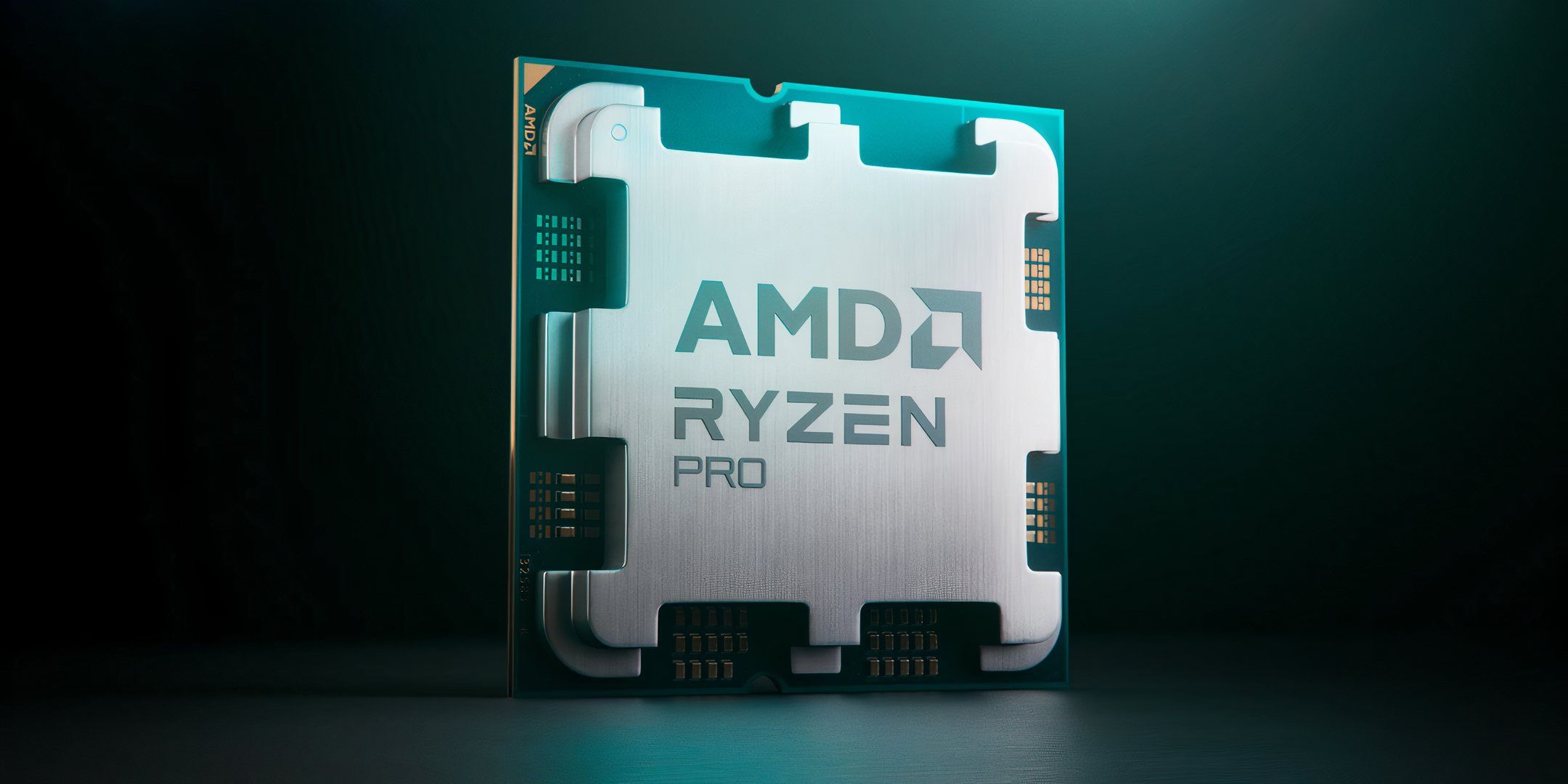
Well, we’re looking at things like memory capability, motherboard selection, and overall support for platforms.
The approach allowed the consumer to mod their CPUs without having to change the motherboard.
Stability and compatibility are, again, super important considerations.
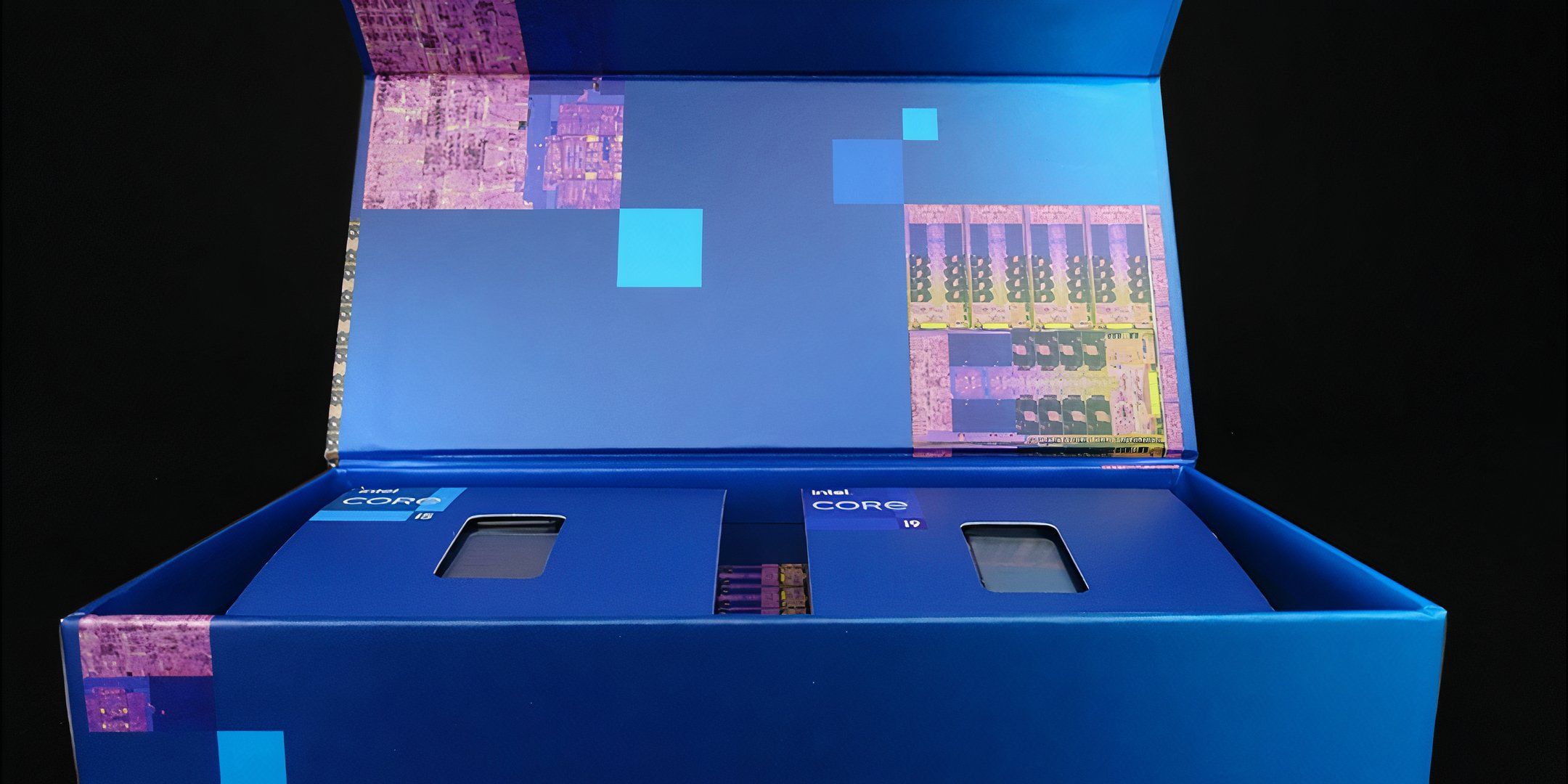
Intel platforms are known for just working with everything, especially in business options.
Looking ahead, both companies are investing in tech that could sway what platform you choose.
AMD tends to be better for folks who want top-notch multicore performance and good bang for their buck.

Don’t forget cooling and power usage too!
Oh, and motherboard features like PCIe lanes and memory support, too.
We do hope that our comparison helped a little bit in making your decision though.

Frequently Asked Questions
How do AMD and Intel CPUs compare in terms of security features?
As far as security goes, both Intel and AMD mean business.
But they go about it in different ways.
Intel gives you things like Software Guard Extensions (SGX) and Total Memory Encryption (TME).
AMD counters with Secure Memory Encryption (SME) and Secure Encrypted Virtualization (SEV).
These security features won’t really change how you use your PC day-to-day.
Which one comes with better integrated graphics?
How do AMD and Intel compare in terms of Linux support?
You really can’t go wrong with either AMD or Intel processors.
However, AMD has gotten a lot of kudos from the open-source community.
They’re quick to release documentation and drivers for their hardware under open licenses.
These gaming mouse pads will back up your wrist and your win streak!